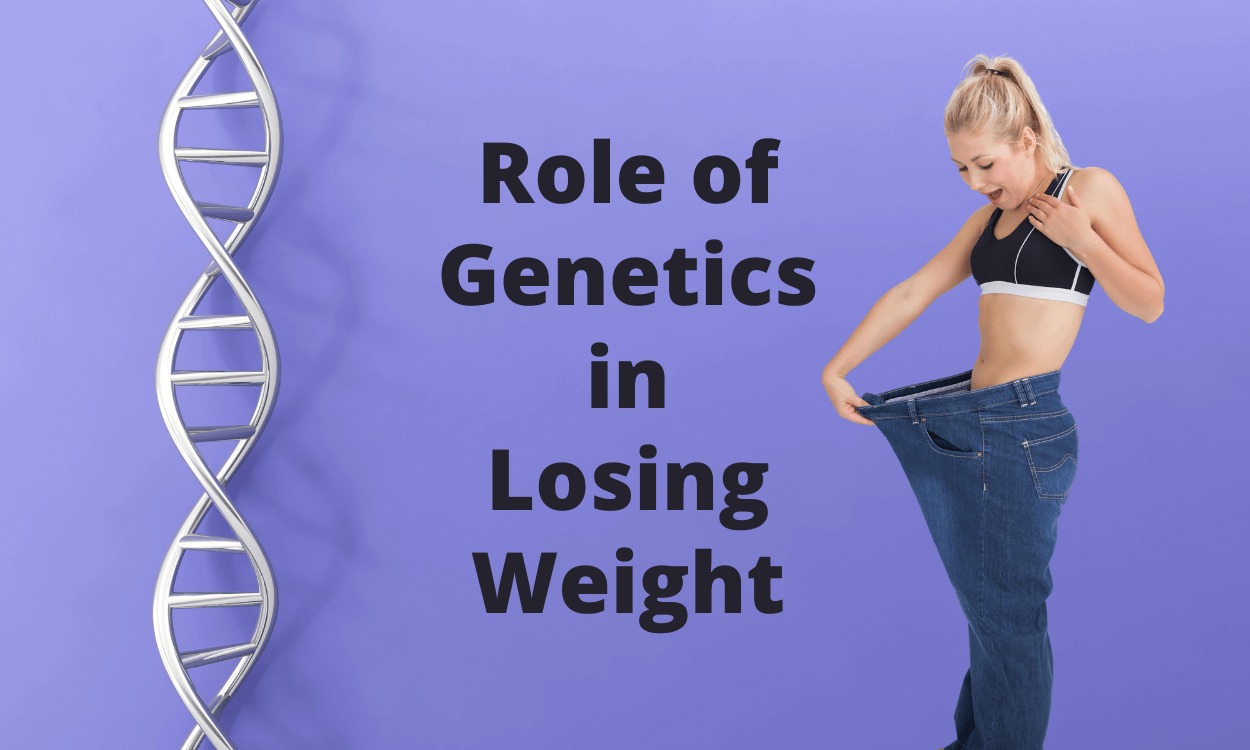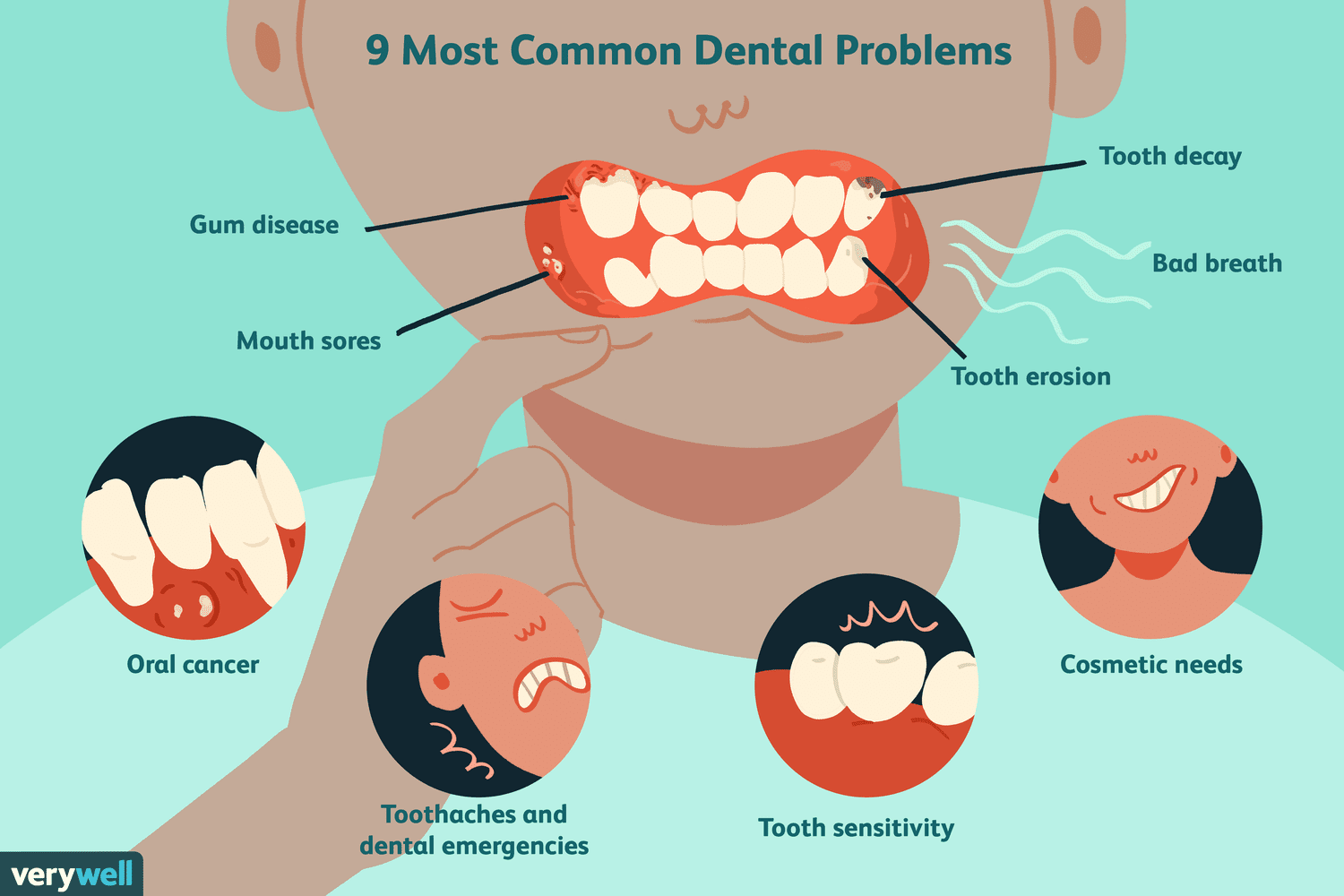Weight regulation is a complex physiological process that involves a delicate balance between energy intake and expenditure. While factors such as diet, physical activity, and environmental conditions play pivotal roles in determining an individual’s weight, genetics also exert a significant influence. This paper explores the intricate interplay between genetics and weight regulation, shedding light on how genetic factors contribute to variations in metabolism, appetite, and susceptibility to obesity. By delving into the genetic basis of weight regulation, we can gain a deeper understanding of why individuals respond differently to various lifestyle interventions and pave the way for more personalized approaches to weight management.
Genetic Basis of Weight Regulation
At the core of weight regulation lies the intricate world of genetics. Genes, composed of DNA sequences, serve as the blueprints for our bodies’ functions and characteristics. Genetic variations, often in the form of single nucleotide polymorphisms (SNPs), can influence how our bodies process and store energy. These variations may affect key genes involved in metabolism and appetite regulation.
The polygenic nature of weight regulation means that multiple genes interact to shape an individual’s predisposition to weight-related outcomes. Some genes contribute to an increased susceptibility to obesity, while others may confer a degree of protection. The cumulative effect of these genetic influences determines an individual’s response to different dietary patterns and physical activity levels.
By unraveling the intricate genetic landscape of weight regulation, researchers are uncovering how specific gene variations can impact an individual’s likelihood of developing obesity or remaining metabolically healthy. This deeper understanding of genetic factors could potentially lead to targeted interventions and treatments aimed at mitigating the genetic predisposition to weight-related issues.
Genetic Factors Affecting Metabolism
Metabolism, the intricate web of biochemical processes that convert food into energy, plays a pivotal role in weight regulation. Genetics significantly contribute to the variation observed in an individual’s basal metabolic rate (BMR), which represents the energy expended at rest. Specific genes, such as those associated with thyroid function, can influence the rate at which the body burns calories even when inactive.
Mitochondrial genes, the powerhouses of cells, also impact metabolism by affecting how efficiently the body produces energy. Genetic variations in these genes can influence an individual’s energy production capacity, potentially affecting weight management outcomes.
Additionally, genetic factors are linked to energy expenditure. Some individuals possess genetic variants that may predispose them to higher energy expenditure during physical activities, while others may find it more challenging to burn calories through exercise. This interplay of genes influencing energy expenditure sheds light on why some people seem to naturally maintain a healthier weight despite differences in activity levels.
Genetic Factors Affecting Appetite and Food Intake
Appetite regulation is a complex interplay of neural signals, hormones, and genetic factors. Genetic variations contribute to an individual’s predisposition to hunger, satiety, and cravings, influencing their food intake patterns.
Leptin and ghrelin, two key hormones in appetite regulation, are under genetic influence. Leptin, produced by fat cells, signals to the brain when the body is full. Genetic variations can lead to leptin resistance, reducing its effectiveness in suppressing appetite, which could contribute to overeating and obesity. Ghrelin, often referred to as the “hunger hormone,” stimulates appetite. Genetic factors can impact an individual’s ghrelin levels, influencing how frequently and intensely they experience hunger.
Moreover, dopamine and reward-related genes contribute to the pleasure derived from eating certain foods. Genetic variations can influence an individual’s sensitivity to food rewards, potentially leading to increased cravings for high-calorie, palatable foods. This genetic link to reward-driven eating behaviors highlights how genetics can play a role in the development of unhealthy eating patterns and obesity.
Gene-Environment Interaction
The interplay between genetics and the environment is a crucial factor in understanding weight regulation. While genetic predisposition plays a role, the environment in which an individual lives, works, and eats also significantly influences weight outcomes.
Individuals with a genetic susceptibility to obesity might be more affected by obesogenic environments, where unhealthy food options are readily available and physical activity opportunities are limited. On the other hand, those with more favorable genetic profiles might have a greater ability to maintain a healthy weight even in challenging environments.
The gene-environment interaction is complex and dynamic. A healthy lifestyle that includes a balanced diet and regular physical activity can partially offset the genetic risk for obesity. Conversely, an unhealthy environment can exacerbate genetic predisposition.
Epigenetics and Weight Regulation
In addition to genetic variations, epigenetics plays a pivotal role in weight regulation. Epigenetic modifications are reversible changes to gene expression that are influenced by environmental factors and lifestyle. These modifications can impact how genes related to metabolism, appetite, and fat storage are activated or suppressed.
One important epigenetic mechanism is DNA methylation. Changes in DNA methylation patterns can influence the expression of genes associated with obesity and metabolic health. For instance, certain methylation patterns might be associated with increased fat storage or altered hormone regulation.
Histone modifications, another epigenetic process, also impact gene expression by affecting how tightly DNA is wound around histone proteins. These modifications can influence the accessibility of genes involved in energy metabolism and appetite control.
Ethical and Social Considerations
The intersection of genetics and weight regulation raises a host of ethical and social concerns that warrant careful examination. One primary concern is the potential for genetic determinism – the belief that genetics alone predetermine an individual’s weight outcomes. Such thinking could lead to stigmatization of individuals with a genetic predisposition to obesity, neglecting the significant impact of lifestyle and environment.
Moreover, the access to genetic information and personalized interventions is an ethical challenge. While some individuals might benefit from tailored weight management strategies based on their genetic makeup, ensuring equitable access to these resources becomes crucial. Preventing genetic information from being misused or causing unnecessary anxiety is another ethical concern that needs to be addressed.
Privacy is yet another consideration. Genetic data related to weight regulation is personal and sensitive. Safeguarding this information from unauthorized access and ensuring that individuals have control over how their genetic data is used is paramount.
Conclusion
In the intricate tapestry of weight regulation, genetics emerges as a fundamental thread that influences how our bodies metabolize energy, control appetite, and respond to environmental cues. While genetics play a significant role, they do not dictate our weight destinies. The interplay between genetics, lifestyle, and environment is dynamic and complex, shaping individual weight outcomes.



Leave a Comment
Instagram